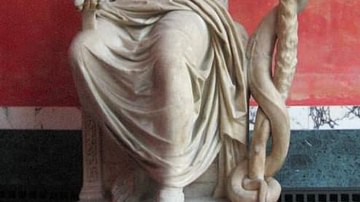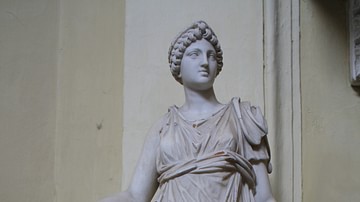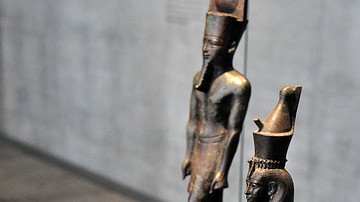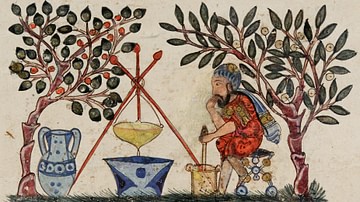Although medical science was still in its infancy during Roman times, knowledge of medicinal plants was widespread and sick people may have been treated with herbal remedies by relatives and friends. Environment, diet, exercise and hygiene all had a part to play in a positive approach to health. Most towns had latrines, a sewage disposal system and baths, all of which helped to maintain a healthy society. However people also sought cures by visiting a healing shrine and appealing to gods with specific healing powers, like Aesculapius.
There was no formal system of training in medicine, and neither human anatomy nor the causes of disease were properly understood. Although some doctors were fraudulent, surviving medical texts reveal many positive features in Greco-Roman health care, particularly within the fields of dietetics (the study of food and health), pharmacology (the study of medicines) and surgery. A wide range of surgical instruments has been found in Britain, as have small stone stamps used to mark eye ointments. These instruments and the operations that were undertaken with them remained the best that were available until relatively recent historical times.





